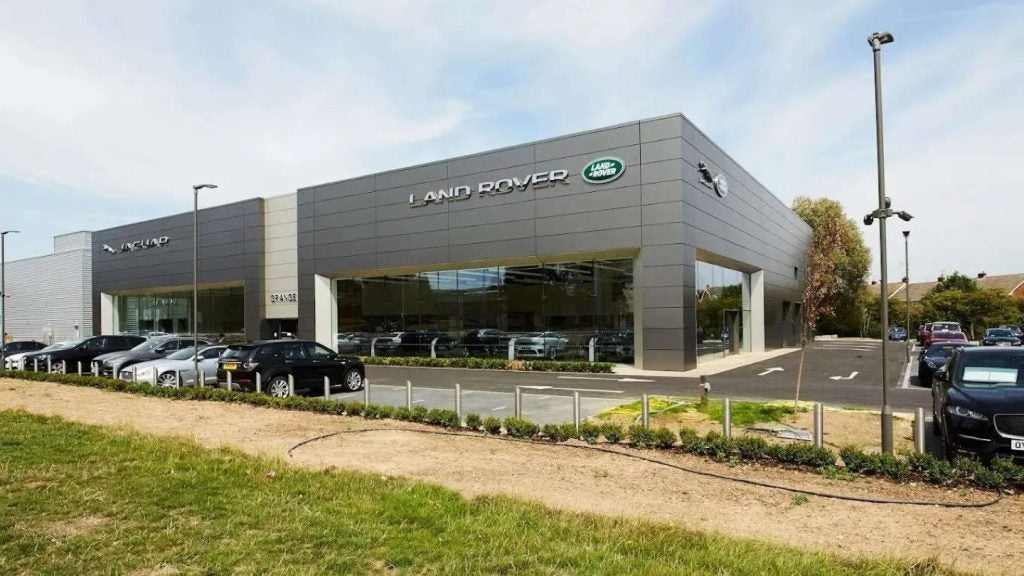Motor finance industry
concerned absence of lorry road user charge may spark lessor
discontent.
The motor finance industry in the main
reacted positively to last month’s Emergency Budget, with many
viewing its package of measures as being good for financial
services and business in general.
The Society of Motor Manufacturers and Traders
(SMMT) summed up the views of many when it said: “[It] Welcomed
[the] budget for the long-term clarity and stability it gives to UK
manufacturing through clear measures to re-balance the economy and
place greater importance on the private sector and industries.”
Meanwhile, John Lewis, chief executive of the
British Vehicle Rental and Leasing Association (BVRLA), said he
believed George Osborne had “delivered a Budget that will start to
reduce the deficit with the urgency required without stifling the
economy”.
But senior industry figures’ views were less
clear-cut on the subject of the government’s VAT increase to 20%
from 4 January, 2011, a measure which is expected to give rise to a
marked increase in vehicle and fuel prices.

US Tariffs are shifting - will you react or anticipate?
Don’t let policy changes catch you off guard. Stay proactive with real-time data and expert analysis.
By GlobalDataFor Lewis, an increase in VAT was good news as it
was tempered by decreased capital allowances. This, Lewis said,
will help companies to avoid unnecessary burdens on their balance
sheets.
Lex Autolease, on the other hand, suggested the VAT
rise could mean stock shortages as businesses using company cars
may be tempted to rush orders for thousands of vehicles to “avoid
the added tax burden”.
The lessor added this may also “cost firms more in
vehicle depreciation, early termination charges and increased
administration”.
Julie Jenner, chairman of the Association of Car
Fleet Operators (ACFO), echoed Lewis.
“The increase in the rate of VAT will increase the
cost of new cars, fuel and servicing, maintenance and repairs,” she
said.
“As a result, I would anticipate a ‘pull forward’
of orders to 2010 so that the higher VAT bills associated with the
purchase of new cars are avoided.”
Meanwhile, many regarded the banking levy as
potentially causing yet more pain for customers of motor
lenders.
“Many companies are already paying extortionately
high rates to their lenders and we hope this banking levy does not
indirectly encourage banks to increase these costs even further,”
Lewis said.
Some were disappointed by exclusions from the
Budget.
“We were disappointed not to hear any further
details of a potential lorry road user charge as an alternative to
taxing freight movement,” said one lessor.
Nonetheless, across the board, the effect of
the Budget will be felt strongly by lessors, particularly as the
rise in VAT, combined with, among other things, changes to capital
allowances and National Insurance, could mean vehicle funding
reviews “across the board”, according to Jenner.







